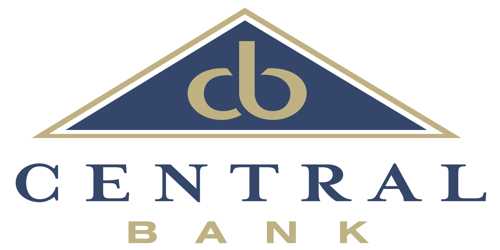General Roles of Central Bank
A central bank is a bank which leads all banks and control money supply in the money market. In modern economies, the central bank is usually responsible for the formulation of monetary policy and the regulation of member banks
The central bank works as the ‘Nerve Center’ of National Economy which controls all economic activities of a country directly or indirectly. Without the help of the central bank, the financial institutions of a country cannot go forward. The roles of a central bank for the development of a country are as follows:
(1) Management of currency: To achieve and implement the purpose of issuing notes and currency, proper management of currency is inevitable. A central bank is the only bank which issues and controls the supply of note and currency.
(2) Development of banking system: For the development of banking and credit system, central bank acts as a leader. Central bank prepares different rules and guidelines, observes and controls the activities of commercial; foreign and specialized banks.
(3) Implementation of development plans: For the implementation of ADP (Annual Development Program) and others development program govt. needs a huge fund. The central bank provides this huge sum of money on behalf of the govt. by issuing bonds and securities and loans if it is required. As a result govt. can easily implement the development programs.
(4) Maintenance of monetary value: Central bank fixes the foreign exchange rate and takes different steps to keep the money value in a stable condition.
(5) Maintaining the stability of price level: By controlling credit supply condition central bank keeps the price level of the goods in a stable.
(6) Development of money market: A strong Money market is very essential for the overall development of an economy. A well managed central bank can ensure the proper development of the money market.
















